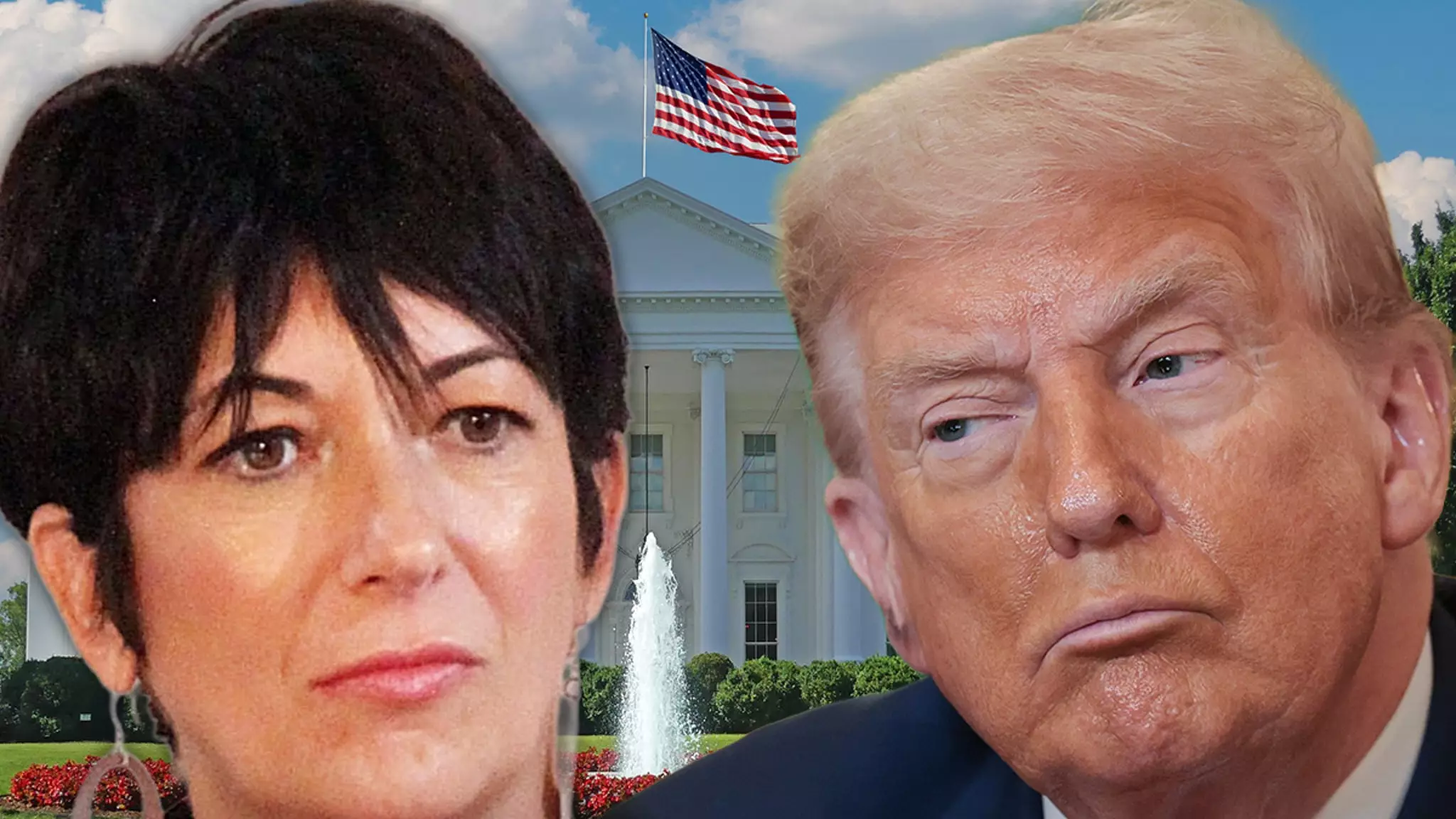Ghislaine Maxwell’s ongoing saga exemplifies the intricacies of justice intertwined with power, politics, and public opinion. Despite her conviction and subsequent imprisonment, Maxwell clings to the hope that her case might be reconsidered, particularly in light of recent revelations surrounding Jeffrey Epstein. Her desire for a presidential pardon is rooted in a complex belief that the justice system has marginalized her unjustly, possibly manipulated by a lack of transparency or deeper political motives. What’s striking here is her unwavering optimism—an emotional refuge in a system that has already rendered its harsh verdict—suggesting that even amidst courtroom losses, human hope persists. However, critically scrutinizing this hope reveals a disconnect between her expectations and the current political landscape, which seems resistant to romantic notions of redemption given the gravity of her crimes.
Public Outrage and the Illusion of Justice
Post-revelation reactions online demonstrate a disconnect between societal expectations and legal realities. Many are furious, questioning why Maxwell remains incarcerated despite the disappearance of what was once believed to be a “client list” implicating high-profile figures. This collective outrage underscores a mistrust in the official narrative and fuels conspiracy theories about cover-ups and political agendas. Yet, this sentiment may be misguided or oversimplified: justice demands meticulous evidence and due process, not populist outrage. The public’s frustration highlights a broader societal tendency to view cases through emotional lenses, often sidestepping the nuances of legal procedure. From this vantage point, Maxwell’s continued imprisonment becomes a symbol—whether deserved or not—of the frustrations people harbor towards perceived injustice and hidden corruption.
Legal Strategies and the Pursuit of Vindication
Maxwell’s legal team positioning her current appeal through the Supreme Court reveals an understanding of the case’s complex legal terrain. Her advocates argue that the evidence used against her is flawed, and that the justice system has scapegoated her while powerful figures remain unexamined. This tactic underscores a broader critique—that her sentence might be a simplified reflection of a tangled web of influence that the system refuses or is unable to untangle. Nevertheless, her chances appear slim, given the official tone from the White House and Department of Justice, which firmly dismiss any possibility of presidential clemency. This rigid stance illustrates the institutional barriers that often hinder genuine attempts at justice, especially when systemic corruption or political sensitivities are involved.
The Power of Hope Versus Reality
Maxwell’s continued hope for a pardon epitomizes the human tendency to cling to redemption even when the odds are stacked against us. While her optimism might inspire resilience, it also raises questions about accountability and the limits of hope in receiving justice. Her case illuminates a fundamental truth: justice is rarely swift or absolute in high-profile, politically charged cases. Her story serves as a mirror reflecting society’s deeper issues—shadows of influence, questions of accountability, and the enduring human desire for redemption. Yet, ultimately, her chances for freedom rest not on hope alone but on the unpredictable dance of politics, law, and societal perception. Whether she receives a pardon or not, her story continues to spark vital debates about justice, power, and human perseverance.

